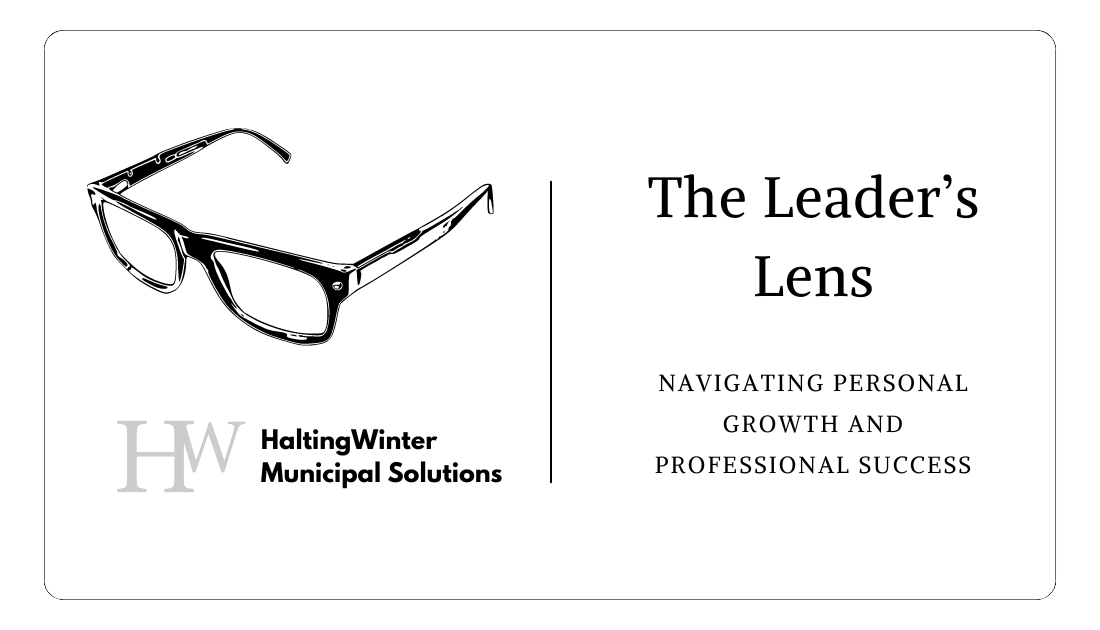Municipal Leaders: Develop Faster, Lead Stronger, Build Better

Every week, you’ll get insights and actionable steps to help you navigate personal growth and professional success.

This week, we’ve explored powerful tools for saying “no” while preserving relationships. But what does this actually look like in real municipal leadership? Let’s examine how three city managers have transformed their effectiveness by implementing these principles, and how you can do the same.
Case Study #1: The After-Hours Revolution
When Sarah, a city manager in the Pacific Northwest, found herself answering non-emergency calls at 9 PM, she knew something had to change.
Her Approach:
The Result: Better-quality responses, improved work-life balance, and increased council respect. “They actually apologized for not respecting my time before,” Sarah notes. “Now they save truly urgent matters for urgent contact.”
Take Action: Identify your most common after-hours interruption and from whom. Draft your Yes-No-Yes formula for that specific situation. Schedule a conversation this week to establish this new boundary.
Case Study #2: The Project Prioritization Breakthrough
Michael faced constant pressure from department heads pushing their “urgent” projects to the front of the line.
His Strategy:
The Result: Reduced interdepartmental tension, better resource allocation, and stronger team buy-in on decisions.
Take Action: List your current project demands. Create simple criteria for evaluating urgency vs. importance. Schedule a team meeting to align on these criteria and apply them together.
Case Study #3: The Developer Dilemma
Jennifer consistently faced pressure to fast-track development reviews, until she strengthened her BATNA.
Her Approach:
The Result: Reduced pressure, better development outcomes, and enhanced community trust.
Take Action: What’s your current pressure point? Identify two potential alternatives you could strengthen. Take one concrete step this week to strengthen your position.
Making It Work for You
The common thread in these success stories? Each leader:
Most importantly, they didn’t wait for the “perfect time” to start. They chose one situation, took action, and built from there.
Your Next Steps This Weekend:
Remember: Your effectiveness as a leader directly impacts your city’s success. Setting healthy boundaries isn’t selfish – it’s essential for sustainable leadership.
Share your boundary-setting experiences on my LinkedIn page.
Transform Your Leadership Impact in 2025
Creating lasting change in how you manage boundaries and stakeholder relationships requires ongoing support and proven frameworks. The Municipal Leadership Development Circle (MLDC), launching January 2025, provides city managers with comprehensive tools and strategies for establishing and maintaining healthy professional boundaries.
Join a community of municipal leaders committed to sustainable leadership practices, with access to real-world scenarios, peer support, and expert guidance on implementing these crucial skills.
Seth Winterhalter is President of HaltingWinter Municipal Solutions, dedicated to making stronger cities through stronger leaders. Through executive coaching, consulting, and the Municipal Leadership Development Circle (MLDC), HaltingWinter helps city managers and municipal leaders transform their leadership impact and their organizational culture.